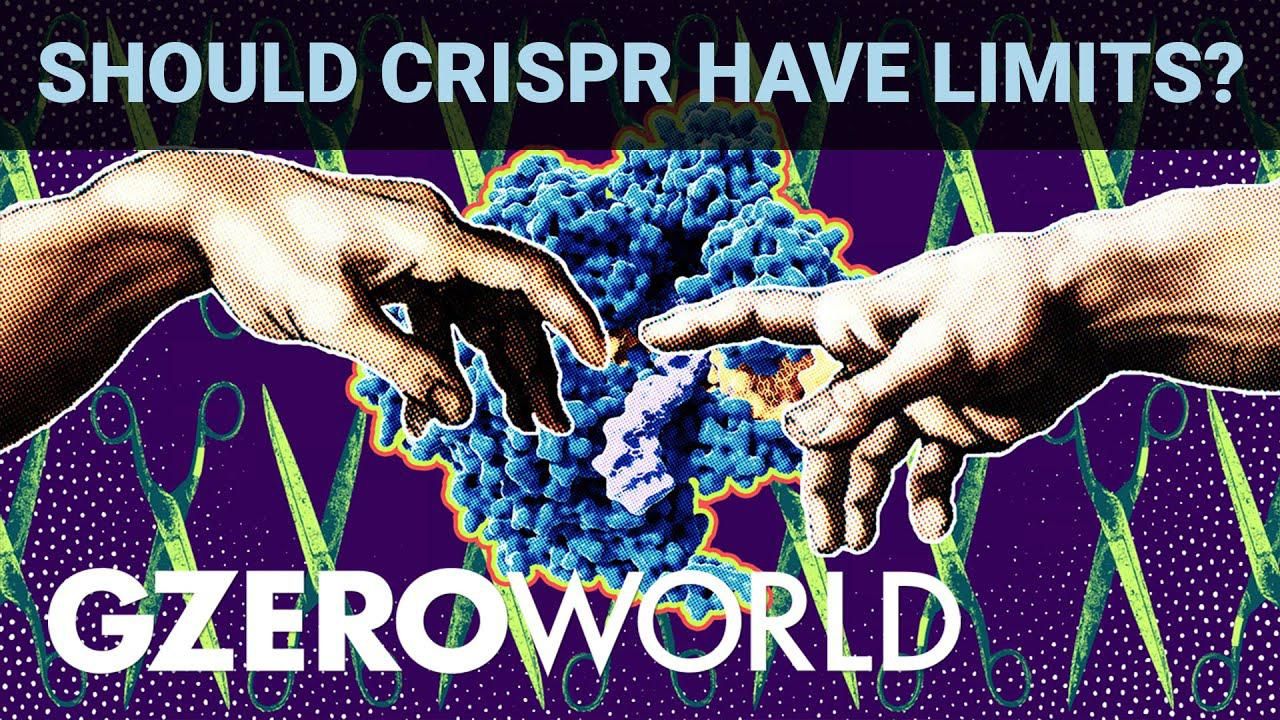GZERO World Clips
CRISPR gene-editing tech should have limits, says Nobel laureate Jennifer Doudna

CRISPR Gene-Editing Tech Should Have Limits, Says Nobel Laureate Jennifer Doudna | GZERO World

For Jennifer Doudna, who won the 2020 Nobel Prize in Chemistry for her work on CRISPR gene editing, there are some red lines we shouldn't cross (yet). The technology, she says, has "the potential to do incredible things and make incredible advances that will be beneficial to our society, but hand-in-hand with that go these large risks." One is human embryos, but that doesn't mean that in the future we shouldn't be able to use CRISPR on ourselves, for instance to protect us from diseases. Watch her interview with Ian Bremmer on GZERO World.
In this Quick Take, Ian Bremmer addresses the killing of Alex Pretti at a protest in Minneapolis, calling it “a tipping point” in America’s increasingly volatile politics.
Who decides the boundaries for artificial intelligence, and how do governments ensure public trust? Speaking at the 2026 World Economic Forum in Davos, Arancha González Laya, Dean of the Paris School of International Affairs and former Foreign Minister of Spain, emphasized the importance of clear regulations to maintain trust in technology.
Will AI change the balance of power in the world? At the 2026 World Economic Forum in Davos, Ian Bremmer addresses how artificial intelligence could redefine global politics, human behavior, and societal stability.
Ian Bremmer sits down with Finland’s President Alexander Stubb and the IMF’s Kristalina Georgieva on the sidelines of the World Economic Forum to discuss President Trump’s Greenland threats, the state of the global economy, and the future of the transatlantic relationship.